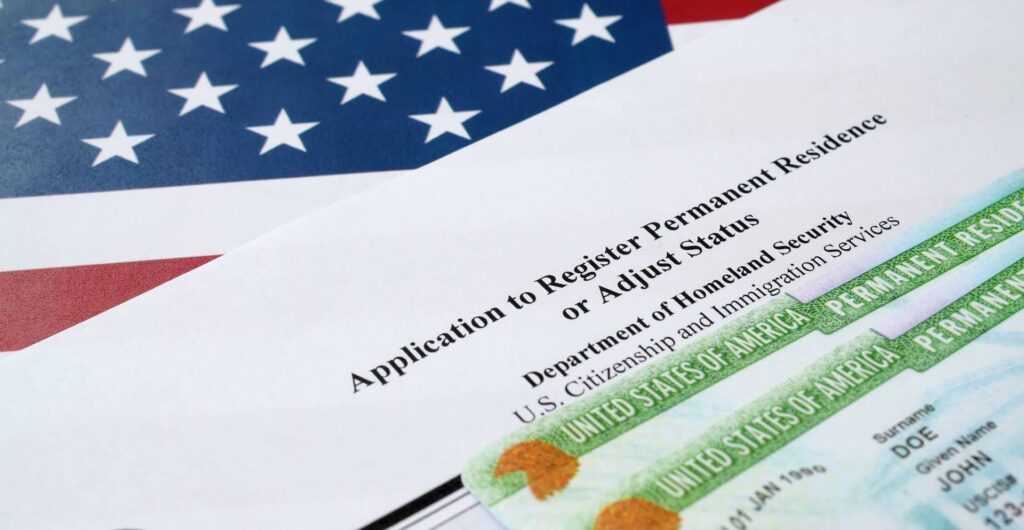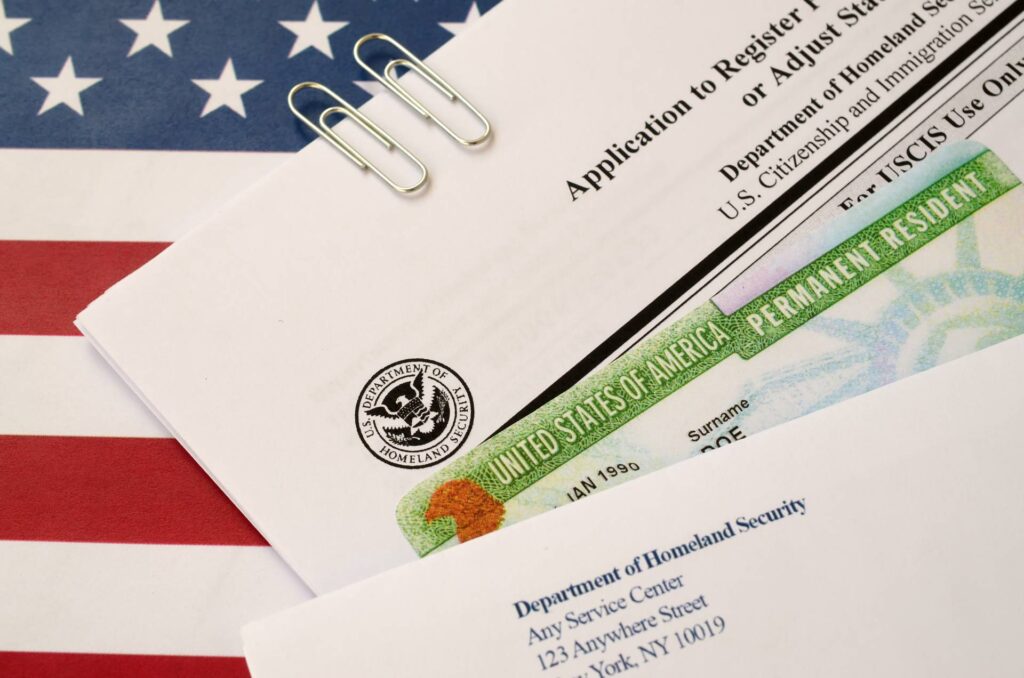While theft charges aren’t usually among the most devastating to be faced with, they can be. The punishment for theft crimes is primarily based on the value of the stolen goods. This means that the potential jail time and fines you could be facing for a conviction are quite varied. However, even the lightest of these crimes would still leave you with a criminal record.
It’s better to put together a solid defense and avoid a conviction than to just let things go and get worse. But just what is a good defense to a theft charge? To answer that question we will first have to dive into theft crimes in a little more detail. The best possible defensive strategy will be predicated on a close reading of the laws surrounding theft.
We’ll also quickly look at what punishments you could be facing for a theft crime. These serve as a reminder of how important it is to defend yourself against the charges in the first place. Once we have an understanding of the crime itself, we can finish by looking into what defenses you could use.
What Counts as a Theft Crime?
Theft crimes are not actually a category of crime under Massachusetts law. Instead, here in Massachusetts, these crimes fall under the broad category of “larceny.” There are a number of different crimes which could be tried under the umbrella of larceny crimes. These crimes include:
- Buying or receiving stolen goods
- Credit card fraud
- Identity fraud
- Larceny by check
- Larceny by embezzlement
- Larceny of leased or rented property
- Larceny of a motor vehicle
- Larceny by stealing
- Larceny by stealing from the person
- Larceny by stealing in a building
- Shoplifting
That’s a lot of different ways to charge a theft. If we were to go over the details of each of those then we wouldn’t actually get anywhere with our discussion today. Instead, it’s better to think of these as being permutations of general larceny. If you are charged with any of these then make sure you speak to your attorney about the specifics of the charges you are facing.
More detail on larceny, the general crime, can be found in the Massachusetts General Laws under Chapter 266 Section 30. This gives us the most important pieces that we will need when putting together a defense against the charge. This section informs us that larceny is the taking of property that belongs to another. This taking has to be done without the owner’s consent and with the intention of depriving that individual of the belonging. Pay attention to that last line, it’s rather important.
What Are the Punishments for a Theft Crime?
Theft crimes fall under two categories:
- Misdemeanors
- Felonies
As mentioned in the introduction, how serious the punishments you will get for a theft crime are directly related to the value of what was stolen.
If the value of the stolen property is less than $250 then you will be charged with petty larceny. This is a misdemeanor offense and so it has a maximum penalty of one year imprisonment and a fine of up to $300.
In contrast, if the value of the stolen property is worth more than $250 then the crime will be charged as a felony. A felony of larceny has the potential of putting you behind bars for up to five years. It also comes with the possibility of a hefty fine up to $25,000.
However, these aren’t the only possible punishments you could be facing. The more specific types of larceny have rules and regulations of their own that inform the punishments you could get. For example, larceny of a motor vehicle could see you put behind bars for fifteen years. That’s a long time to go away for a car.
What Defenses Are There for a Theft Charge in Boston?
As you can see, the punishments for a conviction of theft are not something that you want to put up with. That means you are going to need to have a solid defense if you are going to avoid imprisonment or fines. There are several different avenues of defense you can take. We’ll look at these in just a moment.
The best way to build a solid defense is to work with your attorney. This is always better than just taking generalized advice online.
Potential defenses for a theft crime are:
- Lack of Intent to Deprive: If you remember the description of larceny from above then you’ll remember that an important point of larceny is that the accused intended to deprive the owner of the item. This intention needs to be present for the charge to stick and so if you can show there was no intent to deprive then you can show there was no theft.
- Owner’s Consent: You have to take the item in question without the owner’s consent. If you had the owner’s consent then you can’t be charged with theft. However, you have to prove that you had that consent. This can be tricky if the individual in question has passed on or if you’ve had some bad blood between you and now they refuse to provide that confirmation.
- Presence: You need to partake in the theft to be charged with it. Just being present is not enough to be found guilty. For example, you and a friend go to a party and while there your friend steals some valuables without your knowledge. You’re with your friend but you had no intention of committing a crime and no knowledge of it and so you aren’t guilty of theft. This isn’t necessarily true if you showed up with the intention to steal but then were scared of it; in this case, you could still be charged.
- Mistaken Identity: You cannot be convicted of a crime that you did not commit. If you find yourself facing charges because of a case of mistaken identity then this defensive approach is quite powerful, especially if you have proof that you were elsewhere when the theft occurred.
What Should I Do If I’m Charged With a Theft Crime?
The best thing to do is to reach out to an attorney. Your attorney will be able to provide you with steps you can take and layout a road map of what to expect each and every step of the way until you get back your verdict.








